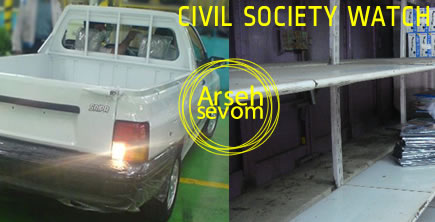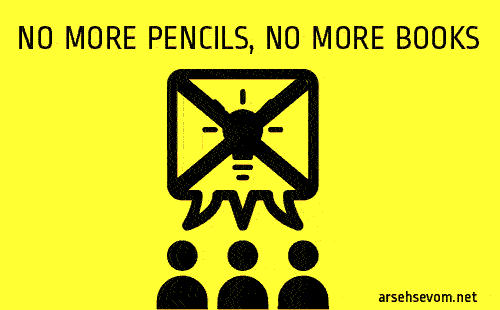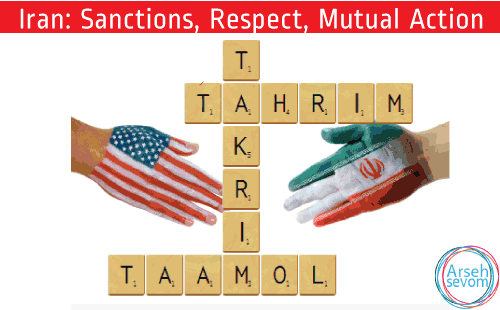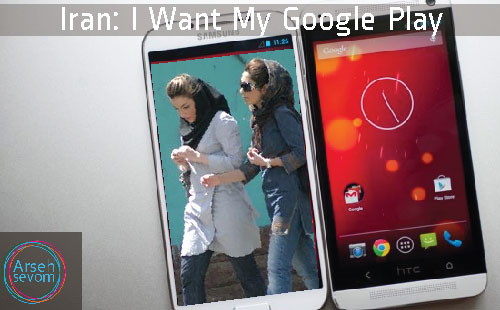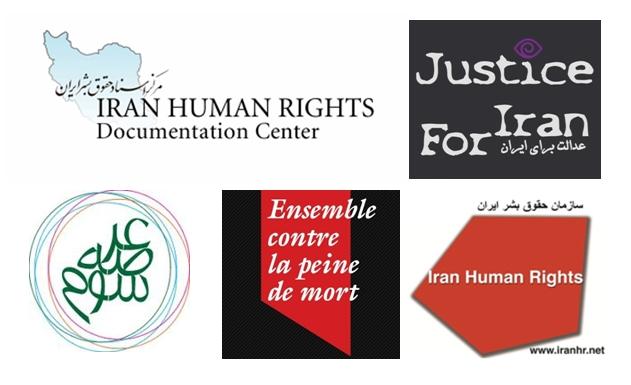
Opposing Int’l Support for Drug Trafficking Prevention While the Death Penalty Exists for Drug-Related Offenses
October 10, 2012
Iran: Rationing, Gender Segregation, Executions
October 22, 2012Arseh Sevom’s weekly review has been offline for awhile, but now we are back. To share stories with us post email [email protected], share on our Facebook page or tag us on twitter (#ArsehSevom)
Another Day Older and Deeper in Debt
Iran’s working class is experiencing a heart-breaking situation with many lost jobs and others still struggling to collect long delayed salaries. According to Human Rights Activists News Agency (HRANA) [fa], the Saipa car factory in Kashan dismissed more than 10,000 employees. Saipa in Tehran has also reduced the shifts from three to just one. Asr-e Iran reports that the automobile production rate has been reduced by 66.2%.
More than 600 steel workers demonstrated in front of the Ministry of Labor demanding five months of unpaid wages. Iranian Labor News Agency (ILNA) [fa] reports that this demonstration is a follow-up to a previous one where workers were promised eight months of unpaid salaries. Despite the settlement, only three months wages were paid. Similarly, 200 members of Tehran’s Metropolitan Vahed Bus Company gathered Wednesday (10 October) in front of the Tehran municipal building to protest discrimination in pay. Rooz Online reports that they also called for the dismissal of the managing director of the company and an investigation into their unpaid salaries. The syndicate of the Vahed company workers is among the most active labor unions in Iran and has witnessed members such as Mansoor Osanloo and Ebrahim Madadi imprisoned simply for demanding the right to assemble.
Amid the recent currency instability and rising inflation, the International Monetary Fund (IMF) published statistics on Iran projecting the country’s limited hit by the sanctions. The reliability of the report, however, requires a more in depth analysis with due consideration to the fact that it is primarily based on the statistics provided by the government. Reuters reports that:
“The IMF forecasts, which also include a small trade surplus this year and next, suggest that although the sanctions are damaging Iran by cutting its oil exports, they are not likely to cause a collapse of its economy.”
Clear Skies Over Iran
Because of difficulties in financial transactions, Air France, British Airways, and Malaysia’s Air Asia have all suspended their flights to Iran. Aftab [fa] reports that Tajikistan Air has also joined the others in suspending flights to Tehran temporarily. The ticket price of domestic flights will also increase 50%.
Sanctions Sting Population While Sparing Elite

Image from e-MagineArt.com
Tejarat [fa] reports that 90 types of medicine are now unavailable. The UN Secretary General’s recent statement also reiterates the fact that sanctions are hitting ordinary Iranians rather than political elite. “The sanctions have had significant effects on the general population, including an escalation in inflation, a rise in commodities and energy costs, an increase in the rate of unemployment and a shortage of necessary items, including medicine.”
UN Special Rapporteur’s Third Report on Human Rghts in Iran
United4Iran’s analysis of Ahmed Shaheed’s report highlights that Iran’s Constitution is in violation of the International Covenant on Civil and Political Rights, as it fails to guarantee freedoms of expression, assembly, and association and serves to “primarily protect Government interests rather than the interests of Iranian citizens.” It also reflects the fact that labor rights have been severely curtailed, and any effort by labor rights activists to organize has been met with severe penalties and violent repression. Currently all labor unions are banned in the country.
A statement was released last week by several organizations opposing international support for drug trafficking prevention as long as execution for drug offenses remains in place in Iran. HRANA reports [fa] that on Wednesday, October 10, approximately 200 relatives of detainees on death row gathered outside the Supreme Leader’s house to call for a halt to executions. The New York Times in its report on Iranian efforts to prevent the flow of illegal drugs provides the human cost to Iranian police in dealing with the drug flow, reporting that 3900 officers have lost their lives policing the border.
Antonino de Leo, the Italian representative for the United Nations drug office in Tehran, stated that he, too, was bothered by the increase in executions, but that the punishments were meted out by Iran’s judiciary, not by its police force.
Amnesty International has also released a report: Addicted to Death, which examines the use of the death penalty for drug-related offenses. It notes that Iran receives funding for its efforts from the UN Office on Drugs and Crime. One of the mandates of the funding is to bring Iran in line with international law. The report states:
“It is not clear, however, to what extent UNODC has promoted the inclusion of adherence to international human rights standards within these projects. UNODC worked with the Drug Control Headquarters and the Iranian Judiciary over drafting the revised Anti-Narcotics Law, which came into force in January 2011, and which extended the scope of the death penalty, despite UNODC’s objectives over law reform. What is clear is that senior UNODC officials have done little to raise concerns about the imposition of the death penalty for drugs offences in Iran in their public dealings with the country.”


